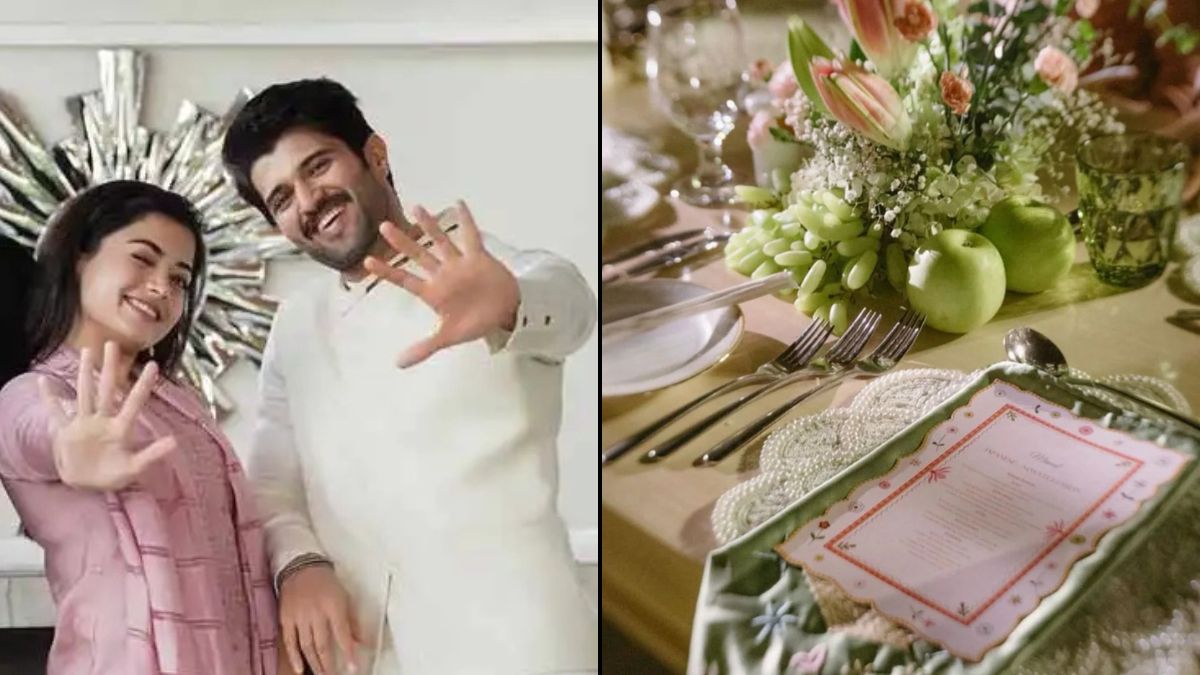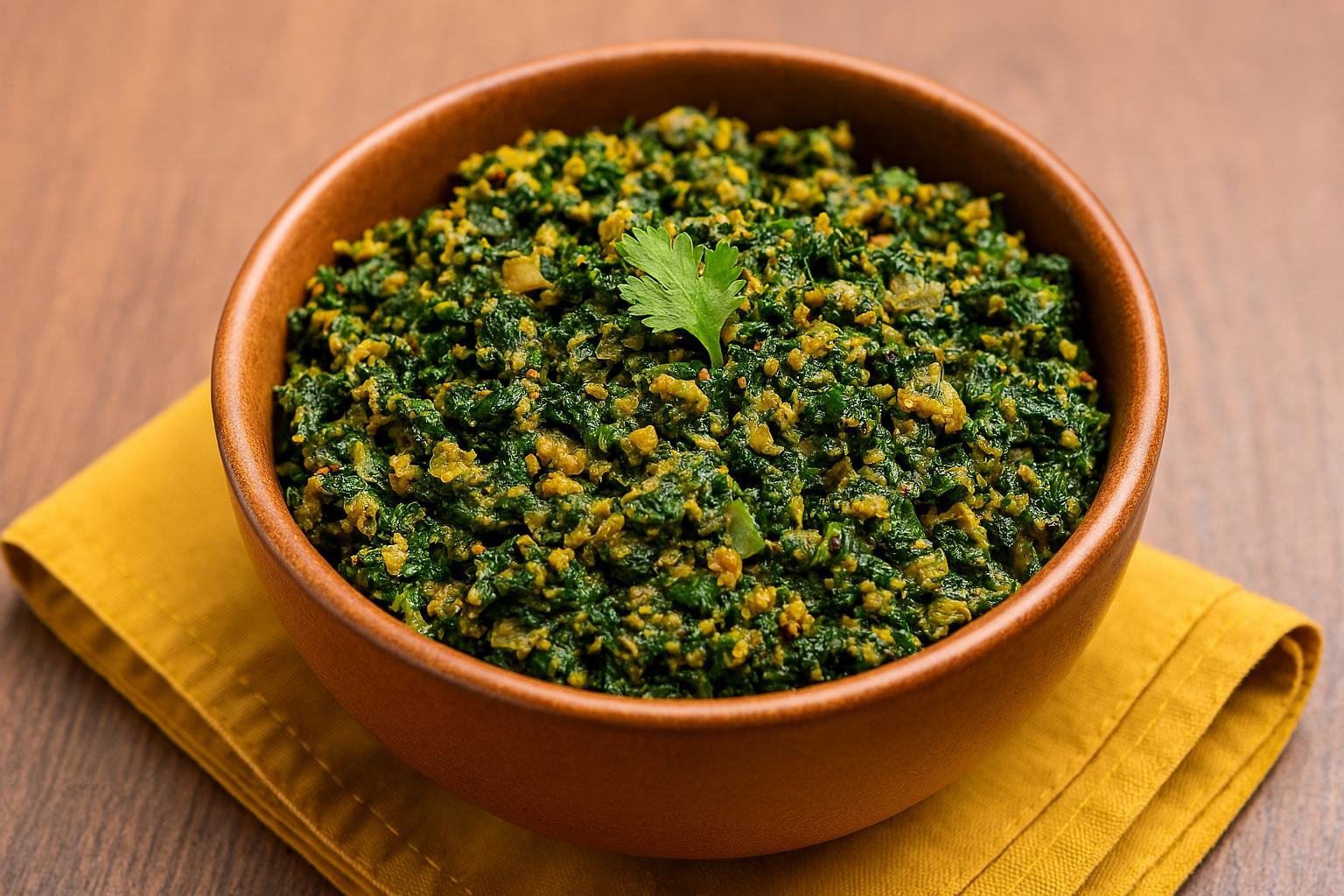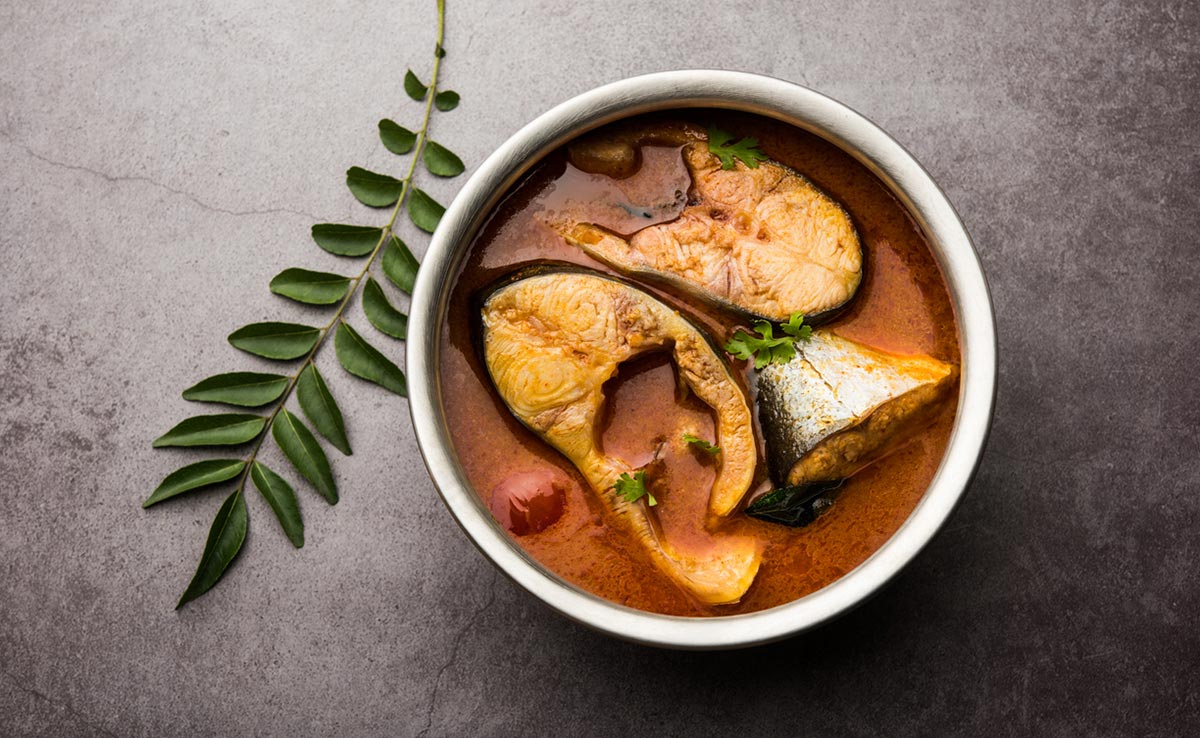What's the first thing that comes to mind when someone mentions Gujarati food? Let us guess: the answer would most probably be dhokla, right? Well, we don't blame you for that, as dhokla is indeed quite popular and loved by people across the country and even abroad. It is usually enjoyed as a snack along with some chutney and is known for its soft and spongy texture. While some dhoklas are slightly sweet, others are savoury, but all are full of flavour. No matter how you like them, the truth is that they taste incredibly delicious. However, many people find it challenging to make this classic Gujarati snack at home. Oftentimes, we end up making a batch of dhoklas that is too hard and difficult to chew. Sure, you can always order a fresh batch of spongy dhoklas from your favourite food delivery app. It is easy and super convenient. But if cooking is on your mind and you're someone who often faces this problem, you're at the right place. Here are five possible reasons for your dhokla preparation problems:
Also Read: Love Dhokla? Try Khaman Dhokla For Weight Loss - A Guilt-Free Delight

Photo: iStock
Here Are 5 Mistakes You Must Avoid While Making Dhoklas:
1. You're not using enough besan
Besan (gram flour) is the main ingredient in dhoklas. If you don't use enough of it, your dhokla batter won't ferment properly. You'll basically just end up with a batch of dhoklas that are soggy and lumpy in texture. Make sure to use a generous amount of besan for perfect results. Also, you must always sieve the besan before you make the batter to avoid any lumps.
2. Adding too much water to the batter
Most of us end up adding too much water to our dhokla batter. While it certainly helps bind everything together, you must be mindful of the quantity. If you add too much water, the batter will lose its shape and consistency, resulting in soggy dhoklas. In some cases, your dhokla may not rise at all.
3. Not allowing the batter to ferment
Fermentation is a key process while making dhoklas, and most of us either skip it or rush into it. You must allow the batter to sit for some time before you pour it into the steamer trays. This helps in the aeration process of the batter, ensuring that your dhoklas turn out super soft. A resting period of 8 to 10 minutes is good enough to allow the batter to ferment.
Also Read: Indian Cooking Tips: How To Make Dhokla With Rice In 30 Minutes

4. Adding too much soda
After you've allowed the batter to ferment, it's time to add a raising agent, such as soda or fruit salt. If you skip out on this step, your dhoklas won't turn out soft. However, if you add too much of it, that's not good either. By doing so, they might end up tasting bitter or even developing an unpleasant smell. Just add as much as the recipe requires, not too much or too little.
5. Your steaming time is not right
Dhoklas need a sufficient amount of time to steam and cook properly. This usually takes anywhere between 15 and 20 minutes. If you rush this process, be ready to get disappointed, as you'll end up with dhoklas that are undercooked. A great way to check if the dhoklas are fully done is by simply poking a knife in the centre. If it comes out clean, that means they are ready!
Making dhoklas at home is not as difficult as it seems. Just be mindful of these common mistakes, and you'll be able to make them perfectly at home every time. But if you aren't able to nail the recipe, order it quickly from your favourite food delivery app! Happy Cooking!
Disclosure: This article may contain links to third-party websites or resources. However, this does not affect the integrity of the content, and all recommendations and views are based on our independent research and judgment.
About Vaishali KapilaVaishali finds comfort in eating parathas and rajma chawal but is equally enthusiastic about exploring different cuisines. When she's not eating or baking, you can often find her curled up on the couch watching her favourite TV show - FRIENDS.









